About the Authors
Jodie Cariss (Author)
Jodie Cariss (MA, HCPC, BADTh, TIHR) is the Founder of Self Space, a therapist with over 15 years experience and a Tavistock-trained Executive Coach. After beginning her career as a childrens television presenter, she then trained as a Dramatherapist and worked with schools through her other company Cariss Creative, as well as individuals through private practice and creative and media agencies through corporate consultancy. She is dedicated to growing awareness of mental health and supporting individuals, groups and companies to be the best versions of themselves.
Chance Marshall (Author)
Chance Marshall (MA, HCPC, BADTh) is a Founding Partner of Self Space and Head of Written and Digital Content. He is a qualified Arts Psychotherapist, registered with the Health & Care Professionals Council, with experience of supporting adults with a range mental health challenges in clinical practice. As well as managing a client caseload, he writes and delivers talks and workshops to global organisations on mental health and wellbeing and manages Self Spaces social media, website and blog.
Acknowledgements
With thanks to our incredible team at Self Space, the therapists and everyone behind the scenes. Thanks to all of the clients who have shared themselves with us over the years. To Leah Feltham at Vermilion for holding our hands, Julia Kellaway, our brilliant editor, Emma Wells at design studio Nic&Lou, and the team at Penguin Random House.
Jodie: Elivs, Biba and Oscar for your constant support, creativity and tolerance of my absence; Maxine for endless love; Stacey for keeping the light on; Mannie Sher for his expert clinical knowledge and guidance; James Biddulph and Pascal for reading pages of nonsense; the Browns for early belief in everything Self Space; my family for vibrancy and love; and thank you Auntie, for showing me that there is always a choice and that, above all, kindness is the key.
Chance: To Sonny, this is for you boyo. Out of all of the feelings that youll feel, I hope loved is one that stays with you. With thanks to Mim for the light that shines from you and on to me. It lifts me, even in my darkest days. The space you make for me has definitely helped me grow through the things Ive gone through. Thank you to my family, friends and every teacher who believes that naughty kids deserve second and even third chances.
CHAPTER 1
What is Mental Health?
Often, the terms mental health, mental well-being and mental illness are used interchangeably in a way that suggests they share the same meaning, but the three are not synonymous. Lets look at what they mean, along with other key terms you might encounter:
Mental health is an essential and integral part of our health. Up until now, mental health has been thought about in terms of there being an absence of mental illness or mental disorders. It is often referred to as a purely positive state of being, marked by feelings of happiness and a sense of mastery over ones life. But it is much more than being happy, being in control and being without illness. When we are in good mental health, we can make the most of our potential. We feel as if we are thriving and can cope with what life throws at us. We can play a full part in our relationships, workplace and community. With good mental health, we can live our lives as close as is possible to the way we want to. Think of mental health as a continuum with mental illness at one end and mental well-being at the other.
Mental illness refers to specific signs and symptoms that cause significant and persistent emotional distress. It affects how we feel, think, behave, cope, process information, make decisions and engage in our interpersonal relationships. The presence of such signs and symptoms indicates mental health disorders, such as anxiety disorders, depression, eating disorders, addictive behaviours and personality disorders. Approximately one in four of us in the UK will experience mental illness each year. Factors like poverty, genetics, biochemistry, childhood trauma, injustice, chronic stress or ongoing physical illness make it more likely that we will develop mental illness, but any of us can experience it. More often than not, people wait until this point before seeking therapy or support.
Mental well-being is what we experience if we are at the good mental health end of the continuum. Here we are in tune with our thoughts and feelings. We can deal with and cope with change. We can solve problems and make decisions, and be flexible in the face of adversity. We can do things that we consider important and worthwhile. We can communicate our needs clearly, build strong relationships and understand ourselves and the world around us. We can hold the capacity for empathy, not only towards others but towards ourselves.
Mental maintenance is a term and practice that we devised to support our clients to move towards, remain in, or stay as close as they can to, a place of sustainable mental well-being. It isnt very complicated in its essence, but its really powerful in practice.
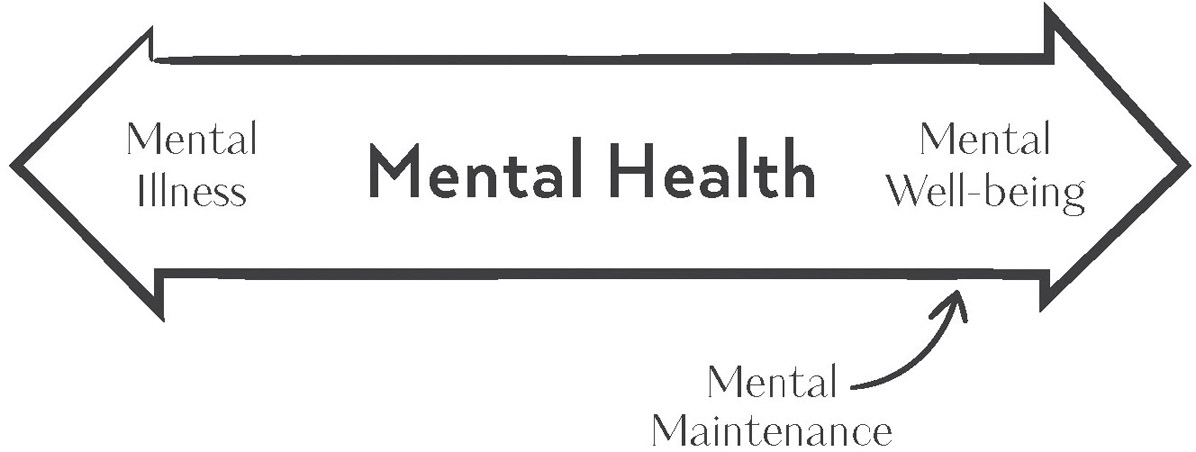
Mental health continuum
Everyday Mental Maintenance
We are sure you are all familiar with the term step-by-step and have some experience of its positive relevance and helpfulness in your life (we dont always apply it to things we should and Jodie still tries to do all her Christmas shopping in a day, but ). Most of us learnt the idea of building things up incrementally at school with, say, reading and maths, and now understand it in relation to saving money, fitness, training pets, learning a new skill, and so on. We understand that we dont usually nail things in one go and that sometimes the boring, monotonous, step-by-step approach is the best way to build a solid foundation.
We suspect that you also recognise the importance of maintenance and repair on your property, car, bike, hair You understand what helps to maintain your physical health, daily, monthly, yearly, and what it means to do the repetitive jobs at home and work that keep things running smoothly. Well, its not surprising then that when we apply the same step-by-step approach and consistent maintenance to our mental health practices, we get good results.
Mental maintenance is a concept we have developed over our years of practice and one that we keep close to the ethos of our mission at Self Space. We see the results in the work we do with clients, the impact of how we educate our corporate partners and the value we spread across the team, always championing a realistic, bite-sized, proactive, do the work relationship with our mental health.
Not all of us will experience a mental illness, but each of us human, vulnerable, fragile beings will, at some point, face challenges when it comes to our mental health. Every now and then it will be knocked off-kilter. A series of sleepless nights, growing pressures at work, being in touch with something painful from our childhood, anxieties about our health, relationships or finances, periods of loneliness, experiences of discrimination and stigma, times of turbulent change, the death of someone we love, the news, the weather, our political landscape, an argument, a break-up, a heartbreak, a holding of an unspoken truth these are just some of the things that can make us feel out of whack. Considering how often we face these challenges in our daily lives, it really serves us to practise mental maintenance.
In our culture we want quick fixes for things and we want them yesterday. When it comes to problem-solving, efficiency and instant gratification, we are pretty spoilt. We have an incredibly vast amount of immediately accessible stimuli to alleviate feelings, emotions or sensations that we might find difficult or satisfying: Tired? Get a coffee. Lonely? Head to the dating apps, social media or WhatsApp. Hungry? Order some food. Late and no taxis? Uber. Bored? Netflix or Asos.

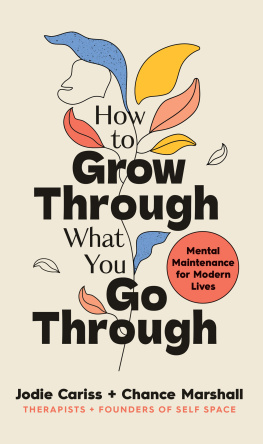

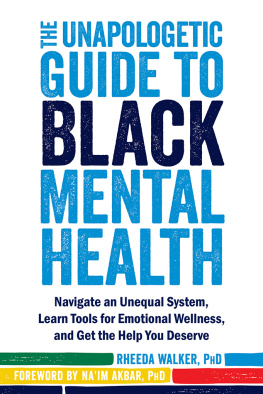
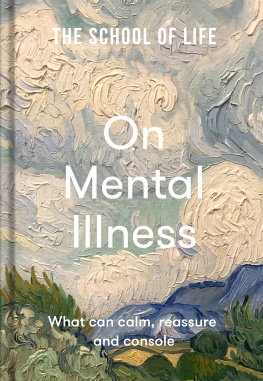
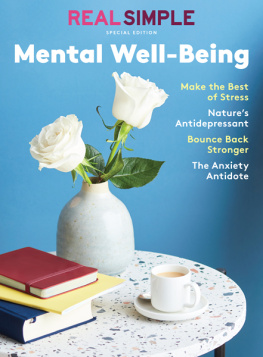
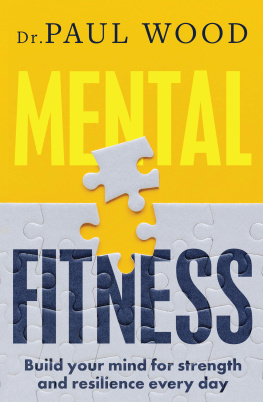
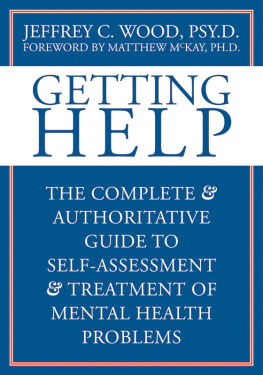
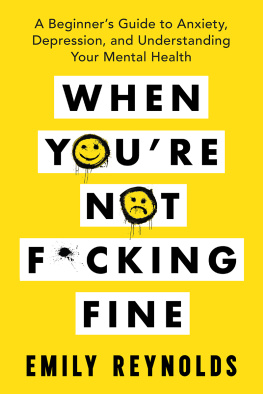
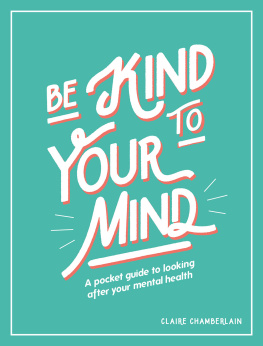
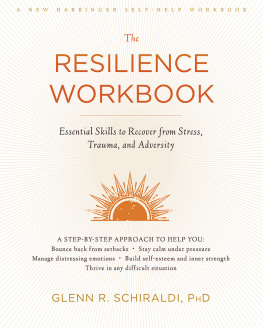
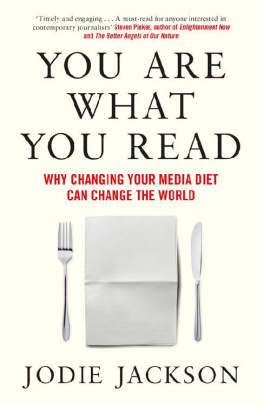
 Mental health continuum
Mental health continuum